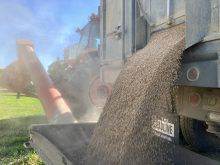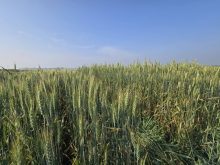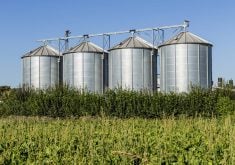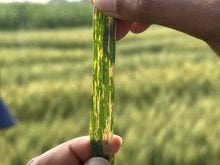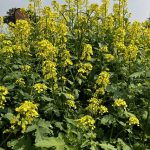“I see KVD (kernel visual distinguishability) as one of the elements that lets Canadian wheat be sold as a branded product.”
– JOHN DUVENAUD
Kernel visual distinguishabi lity (KVD), which was used for decades to quickly and cheaply identify and segregate eight classes of Western Canadian milling wheat from farm to end-user, was ended abruptly last July 31 by Agriculture Minister Gerry Ritz.
John Duvenaud, editor of Wild Oats Grain Market Advisory, spoke out about change and what motivated it Jan. 9 during a question period at the Western Canadian Wheat Growers Association’s annual meeting in Winnipeg. The following is a transcript of Duvenaud’s comments:
Read Also
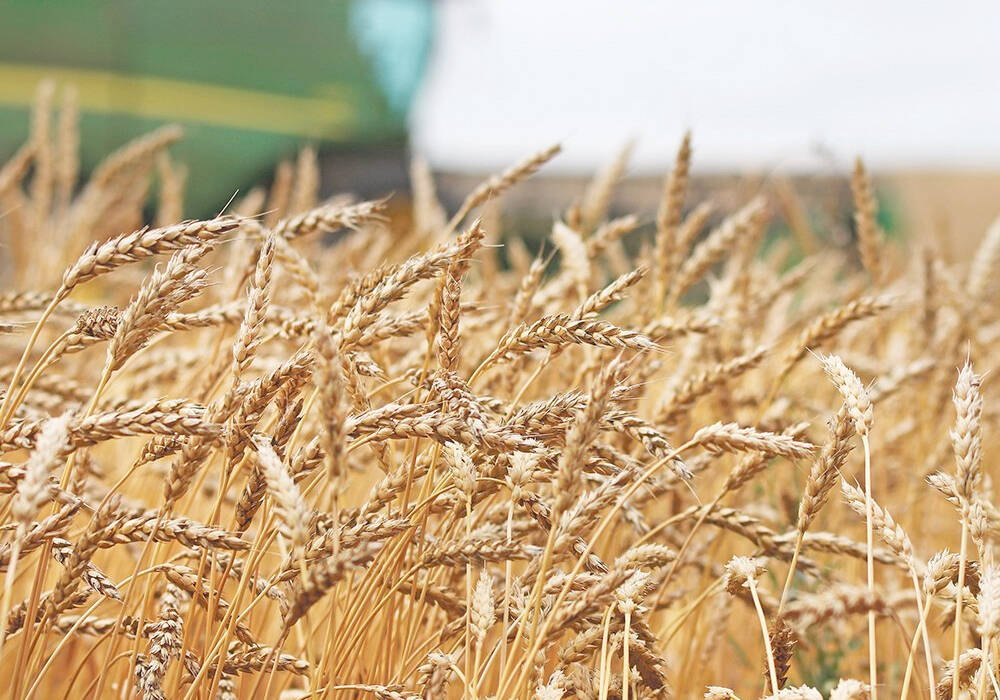
Wheat prices likely headed for sideways trade
U.S. brush with a severe winter storm put only brief upward pressure on wheat futures markets into last week of January.
“I see KVD (kernel visual distinguishability) as one of the elements that lets Canadian wheat be sold as a branded product. If a buyer wants Red Spring wheat and he buys it from Canada he can take a handful of it and look at it and that’s Canadian Red Spring wheat.
“We got rid of that so we could grow more bushels of ethanol wheat, which is competing against Brazilian sugar cane, which doesn’t have a hope of being competitive ever in a totally commodity world.
“I think the reason we went to eliminating KVD is because the present government ran in the previous election on the basis that they were going to get rid of the wheat board monopoly, didn’t do it (and thought) OK, what can we give to western farmers?
“The (Western Canadian) Wheat Growers (Association) wants to get rid of KVD. OK, let’s get rid of KVD, boom like that. There are supposed to be some tests developed, but there are no tests (to identify wheat varieties on the elevator driveway) that are quick and easy. We went through a system where the industry figured out how we’re going to deal with this. OK, it’s mostly the grain trade. What will we do? Make the farmers sign a declaration.
“So now every farmer in this room signs something that leaves him open to some unknown legal liability. And for what? We want to be selling grain as a branded product, not a commodity product and I think this is a totally wrong way to be going.”


